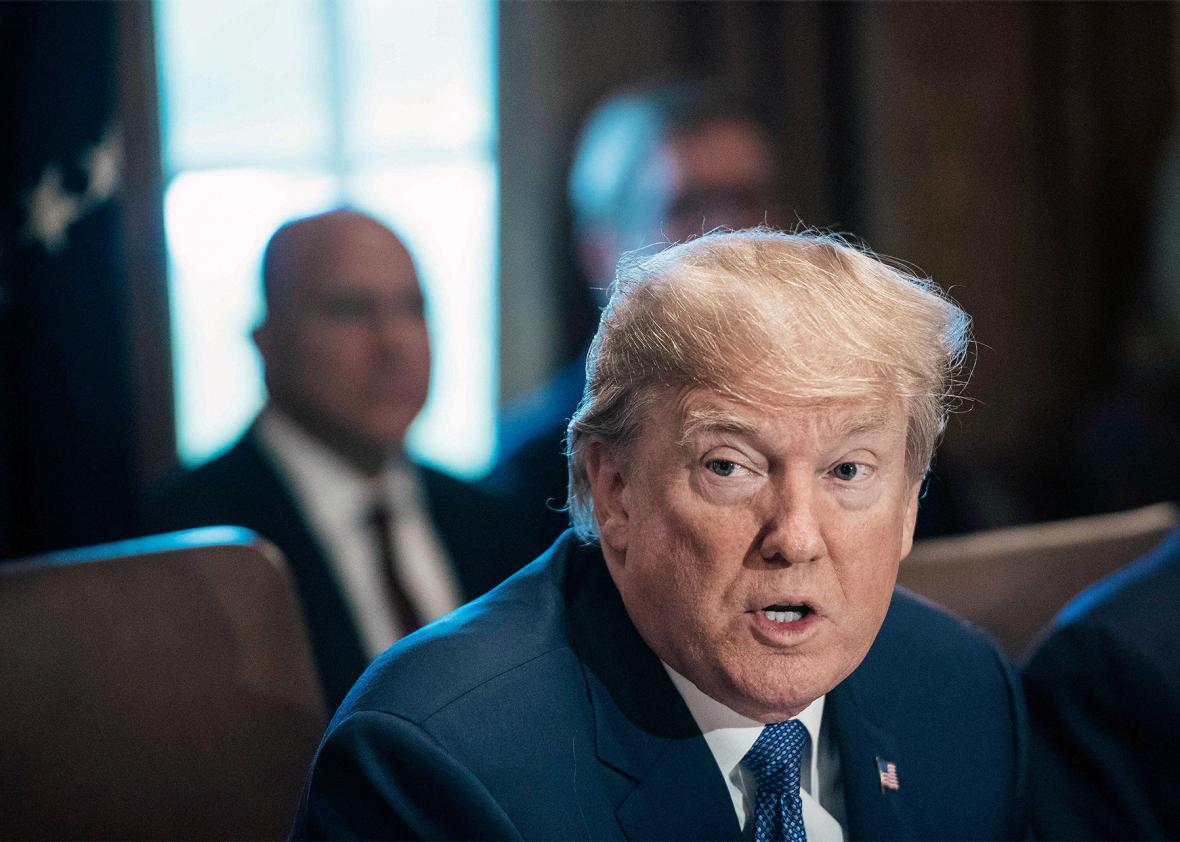On Tuesday, representatives of the Syrian government announced the country’s intention to sign the Paris Climate Accord, the international pact attempting to keep global temperatures from rising more than 2 degrees Celsius above pre-industrial levels. Syria’s announcement brings the total count of committed countries to 197 and leaves the United States alone in its intention to withdraw from the agreement, a decision President Donald Trump announced in early June. (Due to the logistics of the agreement, the earliest date Trump can officially take this action is Nov. 4, 2020—the day after the next presidential election.)
When Trump announced his intentions, only two other countries had not committed to the agreement: Syria and Nicaragua, for very different reasons. Nicaragua, which sits between the Pacific Ocean and the Caribbean Sea, said the stipulations of the climate treaty actually weren’t severe enough. Syria, meanwhile, was in the middle of a civil war as the accords were being drawn up and debated. But in October, Nicaragua finally signed on to the treaty, with vice president and first lady Rosario Murillo calling it “the only instrument we have” to combat climate change. And Syria’s commitment, which was announced during the United Nations’ 2017 climate change conference currently underway in Germany, means the United States is now the only nation unwilling to join. (Trump is not in Germany; he is currently on a diplomatic trip through Asia.)
A White House spokesperson referred reporters to the statement it released after Nicaragua signed, which repeated Trump’s June line that the administration was pulling out because it was a bad deal for the U.S. “[T]he United States is withdrawing unless we can re-enter on terms that are more favorable for our country,” the official statement read.
The United States is currently second only to China when it comes to greenhouse gas emissions. Under the Paris Agreement, participants were essentially allowed to set their own targets for emissions reductions, creating a collaborative process that many thought was our best hope for action. It’s also worth noting that most of the nations that signed on and are actively working to meet the Paris goals still aren’t actually succeeding: As the New York Times demonstrates, the European Union, Canada, China, and of course, the United States are all falling short of their goals.
This isn’t great news, of course, but the 197 signatories still haven’t given up. The whole reason Syrian delegates were in Germany today was for a United Nations conference aimed at closing these gaps between promises and reality. It’s also possible that the United States’ withdrawal has renewed a sense of commitment from other countries—and from states and cities within our own country. As Syria begins to lay out its path to climate action, many American cities and states are still working on limiting their own carbon emissions, sort of like unofficial mini-signatories to the climate accords. California and New York are creating policies that support renewable energy and a shift to electric vehicles. Given how motivating the backlash to the election of Donald Trump was to climate activists the world over, his decision to pull out of a widely-supported international program is another drop of fuel in an already raging fire, and could, in a way, actually serve as a strong motivation to complete this daunting task.
Within the U.S., it also illustrates the divide between Republican leadership and the American people when it comes to climate action. The majority of Americans—7 out of 10—supported the Paris Agreement. And they support other climate strategies, too: One poll suggests 69 percent want to restrict carbon emissions from coal plants. But the White House and Republican-led Congress are dead-set on doing the opposite.
So what happens next? Even if the United States had stayed in the agreement, it’s clear it would have been hard to meet our goals. But by prematurely skipping out, the federal government is now free to ignore the commitments it had made. Hopefully, Americans will pick up the mantle on climate action even without federal support. That way, we wouldn’t have to isolate our entire country, just our president.
